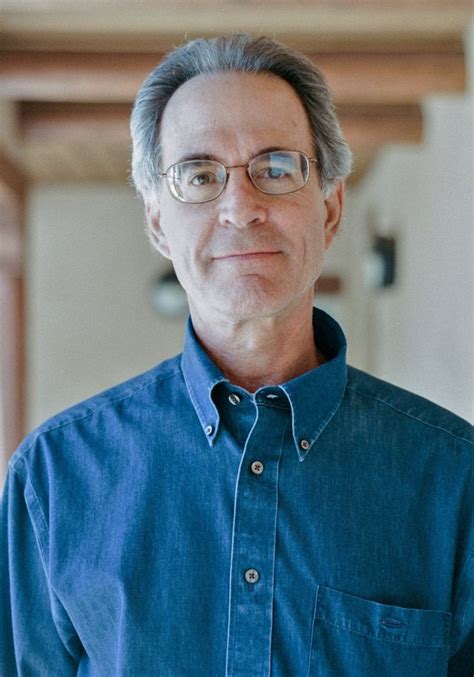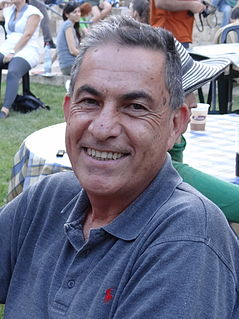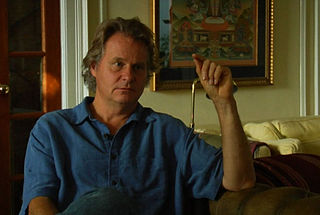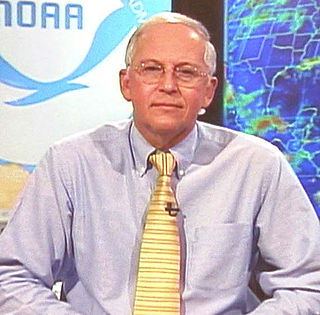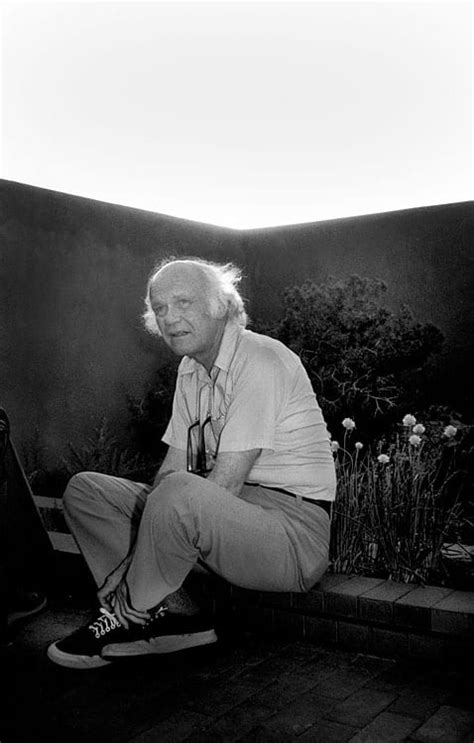A Quote by Wendell Berry
But in fact as knowledge expands globally it is being lost locally. This is the paramount truth of the modern history of rural places everywhere in the world. And it is the gravest problem of land use: Modern humans typically are using places whose nature they have never known and whose history they have forgotten; thus ignorant, they almost necessarily abuse what they use.
Related Quotes
I don't use the word lightly, in fact, I don't use it at all, but Ben Marcus is a genius, one of the most daring, funny, morally engaged and brilliant writers, someone whose work truly makes a difference in the world. His prose is, for me, awareness objectified-he makes the word new and thus the world.
More than 150 years after Lincoln's Emancipation Proclamation, slavery is illegal almost everywhere. But it is still not abolished - not even here, in the land of the free. On the contrary, there is a cancer of violence, a modern-day slavery growing in America by the day, in the very places where we live and work. It's called human trafficking.
We accept it as normal that people who have never been on the land, who have no history or connection to the country, may legally secure the right to come in and, by the very nature of their enterprises, leave in their wake a cultural and physical landscape utterly transformed and desecrated. What's more, in granting such mining concessions, often initially for trivial sums to speculators from distant cities, companies cobbled together with less history than my dog, the government places no cultural or market value on the land itself.
It was a magic caused by the collision of modern methods and old ones; modern history and ancient; accessibility and isolation. And it was a magic which could only strike spark about that time. A few years earlier, from the point of view of aircraft alone, it would have been impossible to reach these places; a few later, and there will be no such isolation.




